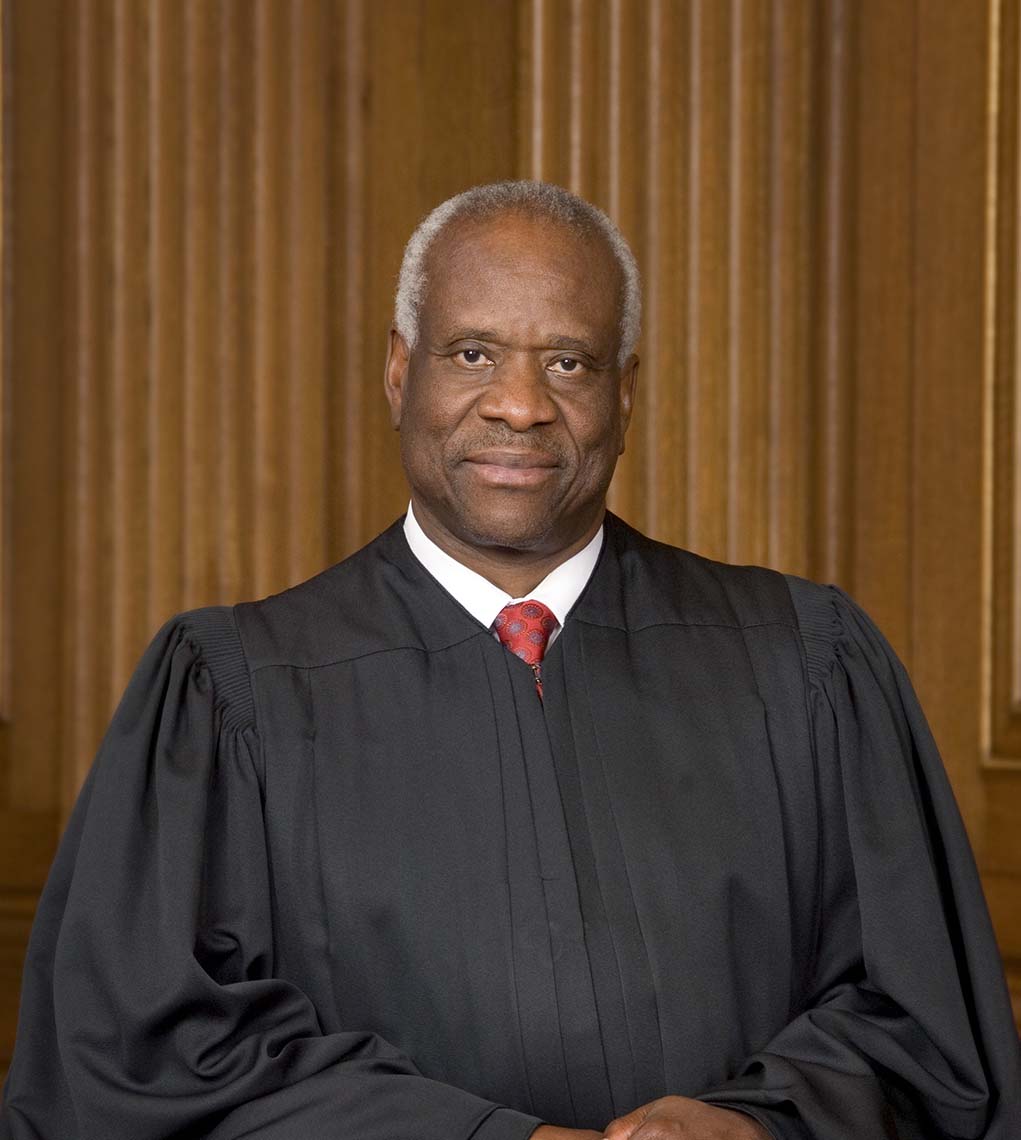WASHINGTON – On June 26, a unanimous U.S. Supreme Court lifted key provisions of the injunctions placed on President Donald Trump’s Executive Order (EO) No. 13780: Protecting the Nation From Foreign Terrorist Entry Into the United States, that were upheld by the Fourth and Ninth Circuit Courts of Appeals.
The EO suspends the entry of nationals from six designated countries for 90 days.
Although the Supreme Court granted a stay of the injunctions, it only lifted it with respect to foreign nationals who lack any bona fide relationship with a person or entity in the United States and left it in place for foreign nationals abroad, whose rights might be affected if excluded.
For example, the Ninth Circuit concluded that section of the executive order would harm the state of Hawaii by preventing students from the designated nations who had been admitted to the University of Hawaii from entering the nation, hardships the Ninth Circuit reasoned were “sufficiently weighty and immediate to outweigh the government’s interest in enforcing [the EO].
However, because the injunctions also barred enforcement against foreign nationals abroad who have no connection to the United States at all, the court agreed the equities relied on by the lower courts do not balance the same way in that context.
The lower courts failed to show how denying entry to such foreign nationals would burden any American party, nor did they conclude their exclusion in such circumstances would impose any legally relevant hardship on the foreign national himself.
So, in narrowing the scope of the injunctions, the court stated the EO may not be enforced against foreign nationals who have a “credible claim of a bona fide relationship” with a person or entity in the United States.
The court wrote, “An American individual or entity that has a bona fide relationship with a particular person seeking to enter the country as a refugee can legitimately claim hardship if that person is excluded. As to these individuals and entities, we do not disturb the injunction. But when it comes to refugees who lack any such connection to the United States, for the reasons we have set out, the balance tips in favor of the government’s compelling need to provide for the nation’s security.”
Justice Clarence Thomas, joined by justices Samuel Alito and Neil Gorsuch, wrote a separate opinion in which he concurred in part and dissented in part.
Thomas said he agreed with the court that the preliminary injunctions should be stayed. However, he stated, “I would stay them in full.”
While the decision whether to stay the injunctions is committed to their discretion, Thomas, citing Nken v. Holder, stated their discretion must be “guided by sound legal principles.”
He went on to state the two most critical factors they must consider in deciding whether to grant a stay are “(1) whether the stay applicant has made a strong showing that [it] is likely to succeed on the merits” and “(2) whether the applicant will be irreparably injured absent a stay.”
Thomas said the government has satisfied the standard for issuing a stay pending certiorari and noted they have granted certiorari (agreed to review the decisions of the lower courts when it returns to session in October).
Thomas wrote, “… I agree with the court’s implicit conclusion that the government has made a strong showing that it is likely to succeed on the merits – that is, that the judgments below will be reversed.”
However, he stated the government has also established that failure to stay the injunctions will cause irreparable harm by interfering with its “compelling need to provide for the nation’s security.”
In weighing the government’s interest in preserving national security against the hardships caused to foreign nationals by temporary denials of entry into the country, Thomas stated, “[T]he balance of the equities favors the government,” and said he would “grant the government’s applications for a stay in their entirety.”
Thomas disagreed with the majority’s decision to keep the injunctions in place with regard to “an unidentified, unnamed group of foreign nationals abroad,” stating, “No class has been certified, and neither party asks for the scope of relief that the court today provides.”
Thomas continued, “Moreover, I fear that the court’s remedy will prove unworkable. Today’s compromise will burden executive officials with the task of deciding – on peril of contempt – whether individuals from the six affected nations who wish to enter the United States have a sufficient connection to a person or entity in this country.”
Thomas believes the compromise “will invite a flood of litigation until the case is finally resolved on the merits, as parties and courts struggle to determine what exactly constitutes a ‘bona fide relationship,’ who precisely has a ‘credible claim’ to that relationship, and whether the claimed relationship was formed ‘simply to avoid §2(c)’ of Executive Order No. 13780 …”
In conclusion, Thomas stated litigation of such issues that are likely to arise will most likely be directed to the two district courts “whose initial orders in these cases this court has now – unanimously – found sufficiently questionable to be stayed as to the vast majority of the people potentially affected.”





